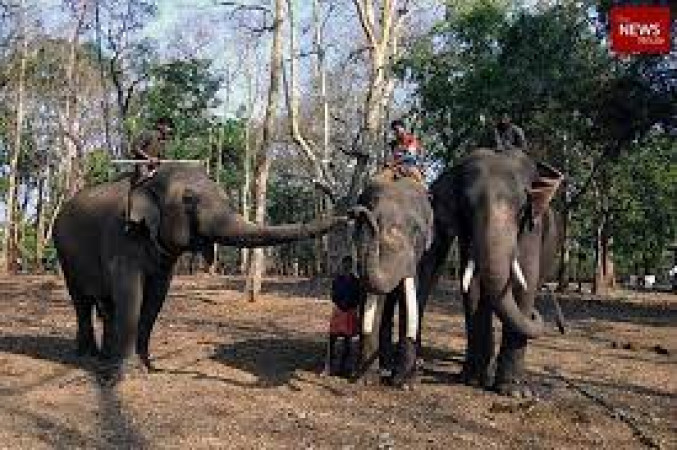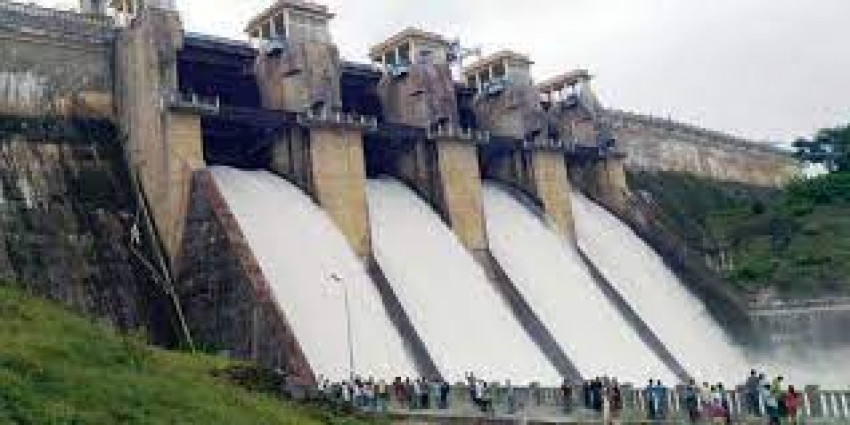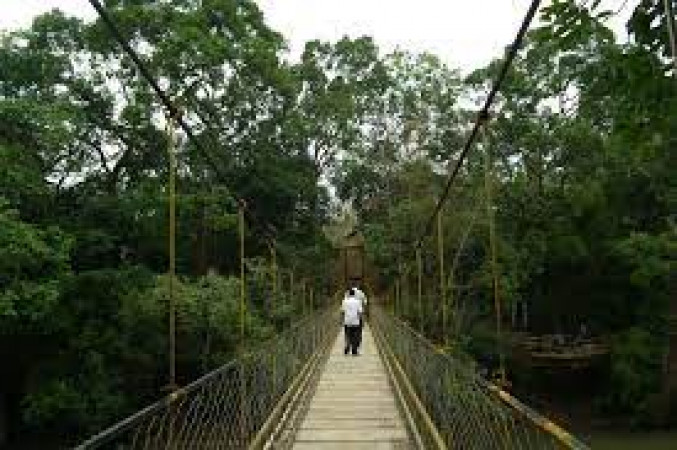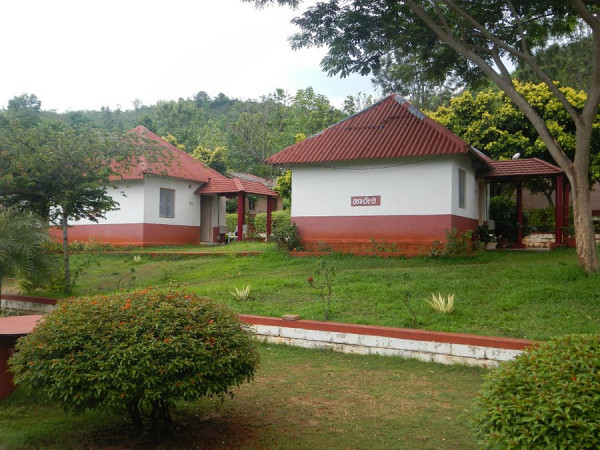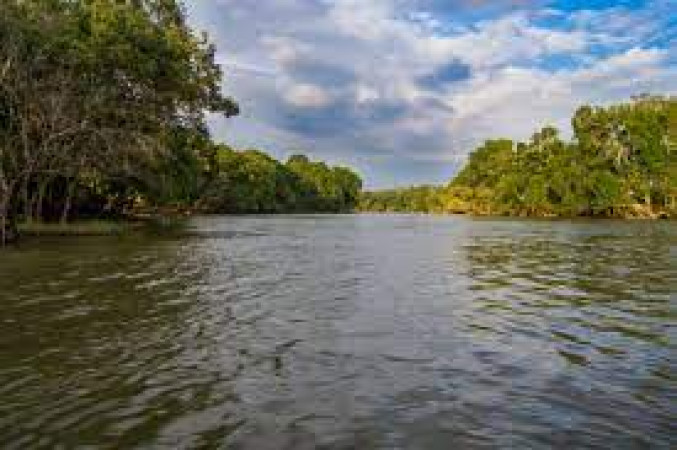
Dubare
Duration
1 to 2 Days
1 to 2 Days
Best time to visit
Oct-Mar
Oct-Mar
Theme
Wildlife, Waterfront
Wildlife, Waterfront
Dubare Travel Guide
Dubare, located in the southern part of India, is a picturesque destination famous for its lush greenery, serene rivers, and rich wildlife. The region is known for its historical significance as it was once a training camp for elephants used by the Mysore rulers. The beautiful landscapes, diverse wildlife, and vibrant culture make Dubare a popular tourist spot in India.Top Attractions in Dubare
- 1. Dubare Elephant Camp
- 2. Nisargadhama Island
- 3. Cauvery Nisargadhama
- 4. Harangi Dam
- 5. Golden Temple (Tibetan Monastery)
Dubare is Famous for
Elephant interactions at the Dubare Elephant Camp.Top Attractions in Dubare
- 1. Engaging in Elephant interactions at the Dubare Elephant Camp
- 2. Exploring the lush greenery of Nisargadhama Island
- 3. Relaxing by the riverside at Cauvery Nisargadhama
- 4. Visiting the Harangi Dam for scenic views
- 5. Experiencing the tranquility of the Golden Temple
What's Great about Travelling to Dubare?
- 1. Nature lovers will enjoy the rich biodiversity
- 2. Wildlife enthusiasts can witness elephants up close
- 3. Adventure seekers can indulge in various outdoor activities
What's Not So Great about Travelling to Dubare?
- 1. Limited public transportation options
- 2. Humid climate during certain months
- 3. Crowded tourist spots during peak seasons
Travel Tips for Dubare
- 1. Carry insect repellent for outdoor activities
- 2. Respect the local wildlife and follow guidelines at the Elephant Camp
- 3. Book accommodations in advance, especially during peak tourist seasons
Important Dubare trip information
- Ideal Duration: A weekend getaway is ideal to explore the major attractions.
- Best Time to Visit: Visit during the winter months (October to March) for pleasant weather.
- Nearby Airports and Railway Stations: The nearest airport is in Mangalore, and the closest railway station is in Mysore.
Top 5 Places to visit in Dubare
FAQ's on Dubare
Q1: What is the best time to visit Dubare?
The best time to visit Dubare is during the winter months from October to March when the weather is pleasant for outdoor activities like elephant interactions and jungle safaris. Avoid the monsoon season from June to September due to heavy rainfall that can disrupt travel plans. Summer months from April to June can be hot, but it is still a good time for wildlife sightings.
Q2: Do I need a visa to travel to Dubare?
Tourists traveling to Dubare will need a valid Indian visa. Make sure to check visa requirements based on your nationality and apply for the appropriate visa in advance. Some nationalities may be eligible for e-visa facilities for easier travel arrangements.
Q3: What are the must-visit attractions in Dubare?
Dubare is famous for its elephant camp where visitors can interact with elephants, go on jungle safaris, and enjoy river rafting in the Cauvery River. Other must-visit attractions include the Dubare Reserve Forest, Nisargadhama Island, and the Tibetan Monastery.
Q4: Is Dubare a safe place to travel?
Dubare is generally a safe destination for tourists. However, it is advisable to be cautious of your belongings and avoid isolated areas, especially at night. Follow basic safety precautions and stay informed about any local guidelines or restrictions.
Q5: What is the local currency in Dubare and can I use credit cards?
The local currency in Dubare is the Indian Rupee (INR). While credit cards are accepted in some hotels and larger establishments, it is recommended to carry cash for smaller purchases and in rural areas. ATMs are available in nearby towns for convenient cash withdrawals.
Q6: What is the local cuisine like in Dubare?
offers a mix of South Indian and Kodava cuisine, known for its flavorful spices and use of local ingredients. Don't miss trying traditional dishes like Pandi Curry (pork curry), Akki Roti (rice flatbread), and Coorgi Pork. Vegetarian options like Bamboo Shoot Curry and Kadambuttu (steamed rice balls) are also popular.
Q7: What transportation options are available in Dubare?
Transportation options in include local buses, taxis, and auto-rickshaws for short distances. Renting a car or hiring a private driver is a convenient way to explore the region. For a unique experience, you can also travel by coracle (round boat) on the Cauvery River.
Q8: Are there any cultural norms or etiquette I should be aware of when visiting Dubare?
When visiting , it is important to respect the local customs and traditions of the Kodava community. Dress modestly when visiting religious sites, remove footwear before entering temples, and seek permission before taking photographs of locals. It is also customary to greet people with a "Namaskara" (hello) and show reverence to elders.
Q9: I am a travel agent. How can I buy travel leads of Dubare?
Register yourself as a travel agent at agents.tripclap.com and then you can buy travel leads to Dubare once your account is approved. For more details contact our support team at +91-8069186564 or support@tripclap.com

